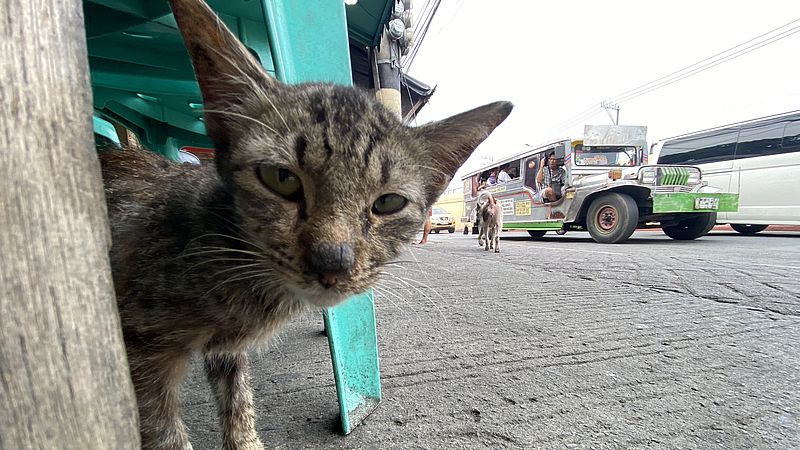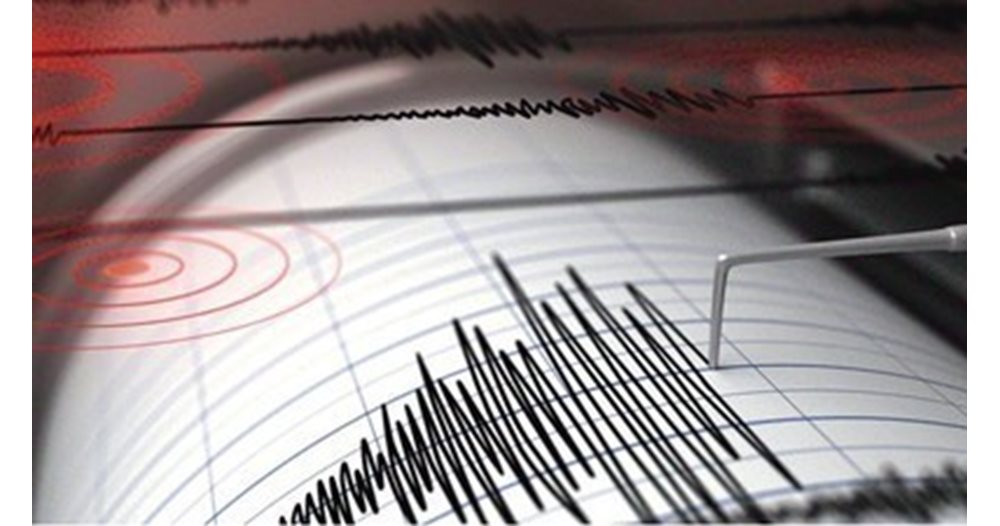There is a nationwide shortage of the rabies vaccine. The GGD has even suspended preventive injections until January. According to experts, it is therefore all the more important to keep an eye out yourself when you go to a risk area.
Rabies, also known as rabies, is life threatening. You can contract it from a bite or scratch from a dog, cat, monkey or bat. Or even a lick of such an animal on a wound.
Long incubation period
If you are bitten or scratched by such an animal abroad, you should immediately go to the doctor, emphasizes GGD physician Charlie van der Weijden. This is to prevent you from becoming infected with the rabies virus. If you get complaints, there is no longer any treatment and the virus can be fatal.
It is important to note that rabies has a long incubation period, between 20 and 90 days. That is also the reason why the GGD no longer carries out preventive injections. They only keep the shot for emergencies, if someone turns out to be infected and can still be treated in time by means of a vaccination.
also look at
Significant increase in streptococci not yet a reason to panic according to expert: ‘It is important to know that it plays a role’
‘Don’t vaccinate everyone’
But there is now a shortage of that vaccine, as a result of which the GGD has suspended preventive injections. At the GGD Amsterdam, they currently have enough of the vaccine, but it depends on how long the shortage will last, says GGD doctor Van der Weijden.
“We received an extra delivery in Amsterdam, because our supplier now has the option of importing vaccines from abroad. We can use this to vaccinate part of the target group,” says Van der Weijden. But whether you belong to this is assessed on an individual level. “We can’t vaccinate everyone who wants to.”
More shortages
The rabies vaccine is not the only vaccine or medicine that is in short supply. This has to do with the fact that the Netherlands is a small country, says vice-chairman of the Royal Dutch Society for the Promotion of Pharmacy (KNMP), Nicole Hunfeld. “We are therefore not at the forefront of distributing medicines, European.”
In addition, the Netherlands has the lowest prices in Europe, she says. “These are mainly determined by health insurers who purchase the medicines. For the past 15 years there has been a special policy in the Netherlands that a number of medicines are put on the market as cheaply as possible,” she explains.
also look at
Marcin and Guus are just too old for a free HPV vaccination: ‘I can’t make it now, even though I want to’
Stress and aggression
“That means that we are not interesting for manufacturers on the one hand. On the other hand, it means that certain manufacturers are chosen. They are then tied to a contract for years. The manufacturers who do not get that contract get their product from the Dutch market. As a result, we have relatively little choice,” says Hunfeld.
Will this get better in the future? According to Hunfeld, the Ministry of Health, Science and Sport (VWS) is working hard on this. “This is because patients, pharmacists and doctors suffer far too much from it in daily practice. It causes stress and causes aggression at the counter in pharmacies.”
‘Do not pet animals’
But Hunfeld does not yet see that health insurers will want to pay a little more for medicines. “I hope they will do that, because good purchasing may be nice on a large scale, but the daily purchasing problems are currently only getting bigger and nobody benefits from that.”
And therefore not people who need a rabies vaccine for their trip abroad. “Suppose you don’t have a shot and are traveling to a risk area, then it is important not to pet or feed dogs, cats and monkeys,” says Van der Weijden. “And if it does happen to you, seek care immediately.”
audio-play
Rob Hadders explains about the rabies vaccine shortage and shortages of other medication
To ask? Ask them!
Do you have any questions or do you want to comment? Send us a message here in our chat.
2023-08-10 16:08:03
#Major #shortage #rabies #vaccines #rabies #dangerous #people


